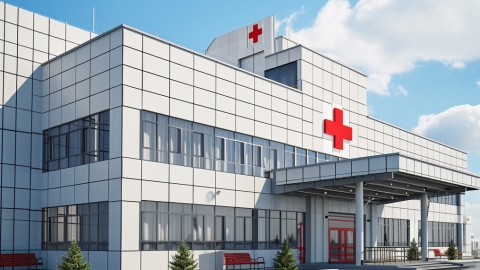What does sudden death mean?
Sudden death refers to a natural, unexpected and abrupt death that usually occurs within one hour after symptom onset. It is mostly associated with heart diseases, while in rare cases it may be triggered by respiratory or neurological disorders, or severe trauma. The condition develops rapidly and carries an extremely poor prognosis. If someone nearby suddenly loses consciousness and stops breathing, immediately call emergency services and begin cardiopulmonary resuscitation (CPR).

Cardiac diseases are the leading cause of sudden death, including conditions such as coronary artery disease, cardiomyopathy, and malignant arrhythmias. These conditions may suddenly occur without obvious warning signs, leading to cardiac arrest and subsequent death, particularly under triggers like excessive fatigue or emotional stress.
Besides heart problems, severe asthma attacks, pulmonary embolism, and other respiratory diseases, or neurological conditions such as cerebral hemorrhage and intracranial infections, can also lead to sudden death due to rapid progression of illness. In addition, unhealthy lifestyle habits—such as failing to rest after intense exercise, chronic sleep deprivation, and excessive alcohol consumption—can increase the risk of sudden death.
In daily life, it's important to maintain a balanced diet, reduce intake of high-fat and high-salt foods, avoid chronic sleep deprivation and overexertion, learn to regulate emotions and prevent excessive tension or anxiety, and undergo regular health check-ups to monitor cardiovascular and pulmonary function, blood pressure, lipid levels, and other key indicators.




